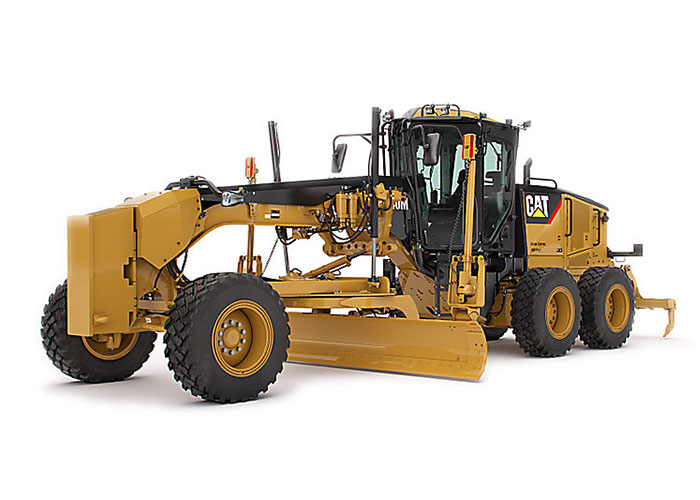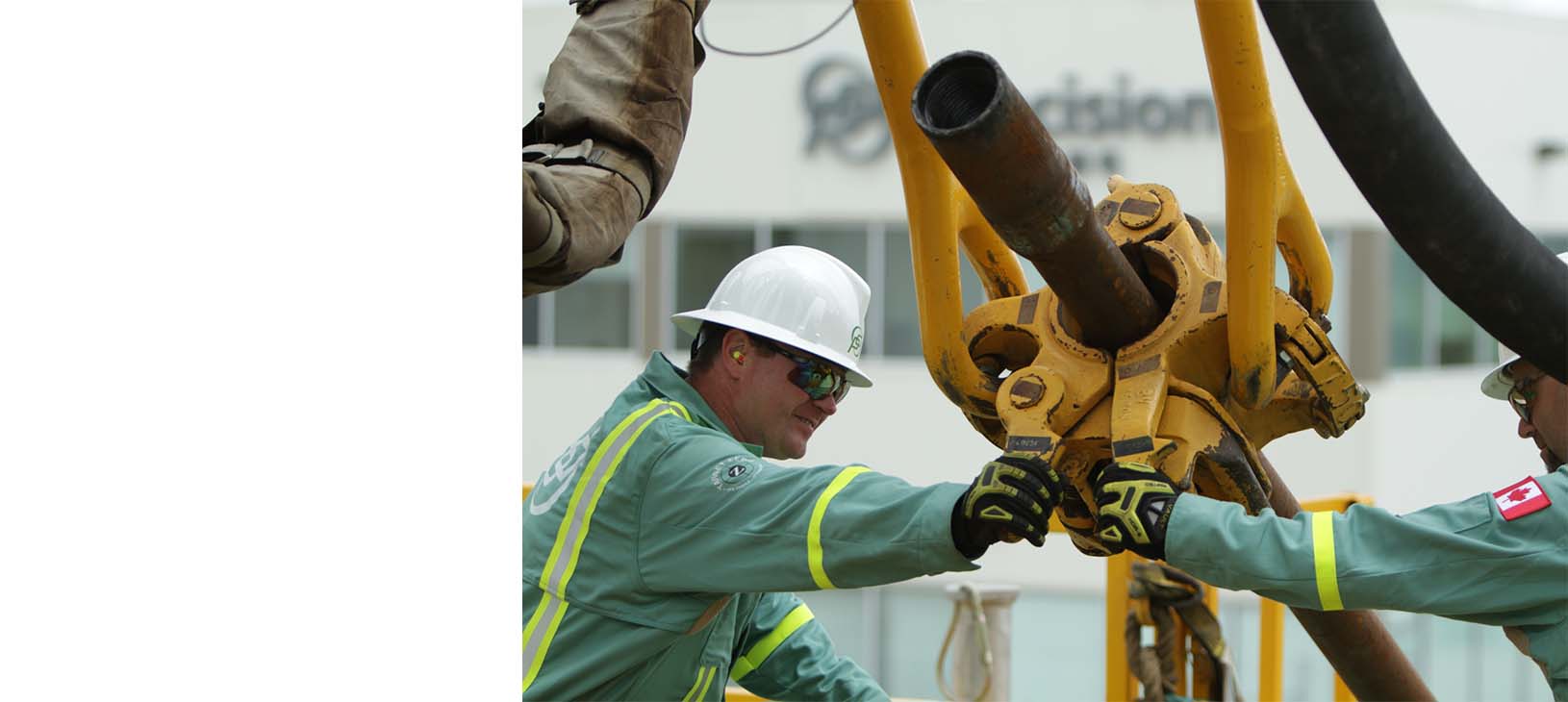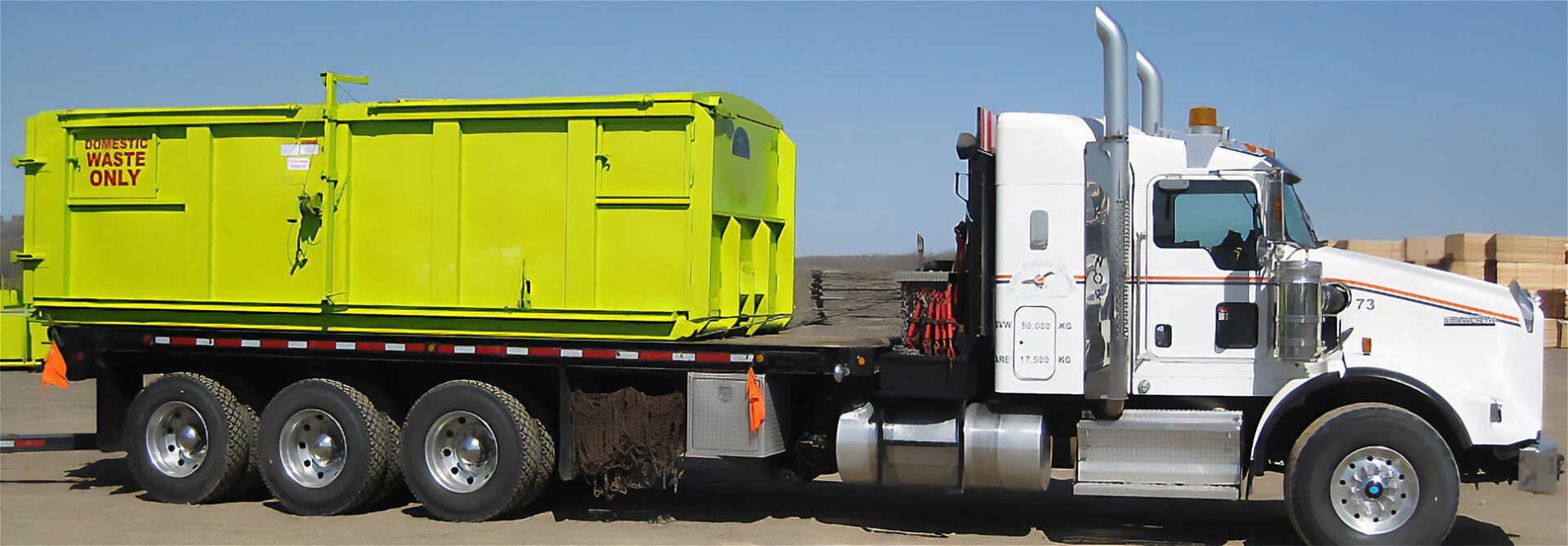Superior Rentals reviews: strengths and weaknesses
A Comprehensive Overview to the Numerous Sorts Of Oil Field Equipment and Pipeline Equipment Available
The oil and gas industry relies heavily on specific devices for effective extraction and transportation. Different sorts of equipment, from drilling rigs to storage tanks, play crucial functions in this complicated procedure. Each item of tools offers distinctive features that add to total functional success. Understanding these components is essential for anyone associated with the industry. As the sector evolves, so too do the technologies that support it. What developments are on the perspective?

Drilling Rigs: The Foundation of Oil Exploration
Drilling rigs work as the essential equipment in the domain of oil expedition, allowing firms to access hydrocarbon reserves buried deep under the Earth's surface area. These rigs come in different kinds, including land rigs, offshore rigs, and mobile units, each developed to run in specific settings. Geared up with sophisticated innovation, piercing rigs can penetrate geological formations with precision, ensuring effective resource removal. The structural stability and functional capacities of these rigs are vital, as they need to hold up against extreme problems and significant stress. The selection of a drilling rig impacts the general project expense and timeline, making it an essential consideration for oil firms seeking to optimize their expedition initiatives and take full advantage of performance in their procedures.
Pumps: Necessary for Liquid Motion
In the oil extraction process, the role of pumps is significant, facilitating the movement of fluids throughout different stages of production. Pumps are vital for transferring petroleum, water, and other liquids from underground reservoirs to the surface area and after that with pipelines to refineries. They come in various types, including centrifugal, favorable variation, and submersible pumps, each serving details functions based on the liquid qualities and functional requirements. Centrifugal pumps are generally made use of for their effectiveness in high-flow applications, while favorable displacement pumps master handling thick liquids. The option of pump effects overall efficiency, functional security, and maintenance costs. Correct choice and maintenance of pumps are important for optimizing manufacturing and reducing downtime in oil field procedures.
Shutoffs: Managing Circulation and Pressure

Shutoffs play an important function in taking care of the circulation and stress of liquids within oil fields and pipes. Numerous sorts of valves offer distinct applications, each developed to fulfill particular features fundamental for effective operation - Superior Rentals reviews. Recognizing the attributes and uses of these valves is important for maximizing system efficiency and safety
Sorts of Valves
Necessary parts in oil field procedures, shutoffs play an important duty in controlling the flow and stress of fluids within pipelines and equipment. Different sorts of valves are made use of to satisfy the varied needs of oil and gas production. Common kinds consist of gate shutoffs, which give a straight-line circulation and minimal pressure decline; globe shutoffs, recognized for their strangling capabilities; and round valves, identified for their fast on/off control. In addition, check valves stop backflow, while butterfly shutoffs supply a light-weight service for regulating flow. Each shutoff kind is developed with certain products and arrangements to hold up against the harsh conditions frequently found in oil areas, ensuring dependability and performance in operations. Recognizing these types is essential for efficient system monitoring.
Valve Applications and Functions
While various sorts of valves offer distinct objectives, their primary applications revolve around regulating flow and pressure within oil and gas systems. Shutoffs such as gate, world, and sphere valves manage fluid motion, making sure peak performance and safety. Entrance valves are commonly made use of for on/off control, supplying minimal flow resistance. World valves, on the various other hand, offer accurate circulation guideline, making them appropriate for throttling applications. Round valves are favored for their quick procedure and limited sealing capacities. Additionally, pressure alleviation shutoffs are vital for protecting against system overpressure, securing tools integrity. In general, the proper option and application of shutoffs improve operational effectiveness, making sure the trusted transportation of oil and gas through pipelines and handling centers.
Compressors: Enhancing Gas Transportation
Compressors play a crucial role in the reliable transport of natural gas, making certain that it relocates efficiently through pipelines over fars away. These gadgets raise the stress of gas, permitting it to get rid of rubbing and altitude modifications within the pipeline system. In addition, compressors help with the balancing of supply and demand, accommodating fluctuations in consumption and production rates. Numerous kinds of compressors are employed in the industry, consisting of centrifugal, reciprocating, and rotating screw compressors, each offering distinctive benefits based on the operational requirements. Regular upkeep of these compressors is vital to take full advantage of performance and reduce downtime, ultimately adding to a dependable gas transportation network. Their essential feature highlights the importance of compressors in the overall oil and gas framework.
Storage Tanks: Safe and Reliable Fluid Monitoring
Efficient transport of natural gas relies upon numerous support group, one of which is the appropriate monitoring of tank. These containers play a crucial role in securely containing fluids, ensuring that functional efficiency is kept while decreasing ecological dangers. Built from resilient products, they are made to hold up against high stress and destructive elements. Appropriately sized and strategically situated, tank facilitate the smooth circulation of natural gas and various other liquids, stopping traffic jams in supply chains. Routine upkeep and tracking are necessary to identify leakages or structural problems, advertising safety and conformity with regulatory requirements. Inevitably, the reliable administration of tank is crucial for the general honesty and reliability of the oil and gas market's liquid handling systems.
Pipeline Equipments: Infrastructure for Transportation
Pipeline systems work as the foundation of the oil and gas sector, helping with the reliable transport of hydrocarbons over vast distances. These systems are composed of numerous elements, consisting of pipelines, valves, pumps, and compressors, all carefully developed to assure smooth circulation. The products utilized in pipeline construction, typically steel or high-density polyethylene, are picked for resilience and resistance to rust. Pipeline networks can extend across land and water, connecting production sites to refineries and distribution. Furthermore, advanced innovation allows real-time tracking of flow rates and pressure levels, enhancing operational efficiency. The tactical positioning of these pipes decreases ecological impact while optimizing source availability, consequently playing an important role in meeting power needs internationally.
Safety And Security Equipment: Ensuring Worker and Environmental Defense
The procedure of pipeline systems, while essential for power transport, likewise offers substantial safety and security challenges for workers and the atmosphere. Security equipment plays a substantial duty in mitigating these threats. Individual protective equipment (PPE) such as headgears, gloves, and non-slip shoes safeguards employees from physical hazards. In addition, gas detection systems check for leaks, guaranteeing that hazardous materials do not present a hazard to personnel or the surrounding environment. Emergency closure systems are necessary for rapidly stopping operations throughout a dilemma, preventing prospective disasters. Spill control materials, including absorbents and obstacles, are fundamental for decreasing environmental influence. On the whole, purchasing all-encompassing security tools is vital for maintaining operational honesty and protecting both workers and the atmosphere in the oil and gas market.

Frequently Asked Questions
Exactly how Do I Select the Right Oil Field Equipment for My Project?
Selecting the appropriate oil field equipment includes reviewing project specifications, budget plan restrictions, and functional needs. Take into consideration elements such as equipment dependability, compatibility with existing systems, and the vendor's online reputation to guarantee peak efficiency and security.
What Are the Maintenance Needs for Oil Field Equipment?
Maintenance requirements for oil area devices consist of regular evaluations, lubrication, and prompt repair services. Operators ought to additionally follow producer guidelines, monitor performance metrics, and assurance compliance with safety and security policies to enhance durability and efficiency.

How Can I Guarantee Conformity With Environmental Rules?
To assure conformity with ecological policies, firms must carry out regular audits, carry check here out finest practices, buy training, preserve proper documentation, and stay updated on legislation (Superior Oilfield pipeline equipment rentals). Collaboration with environmental firms can likewise improve adherence to policies
What Is the Average Life-span of Pipeline Equipment?
The ordinary life-span of pipeline devices usually varies from 20 to half a century, depending on elements such as worldly top quality, environmental problems, and maintenance practices. Routine assessments can substantially influence durability and functional effectiveness.
Just how Do I Securely Move Oil Field Equipment to Remote Locations?
Transferring oil field devices to remote places needs cautious preparation, consisting of course analysis, safeguarding authorizations, making use of appropriate lorries, and making certain security procedures are complied with. Proper training and communication among staffs are important for effective transportation.